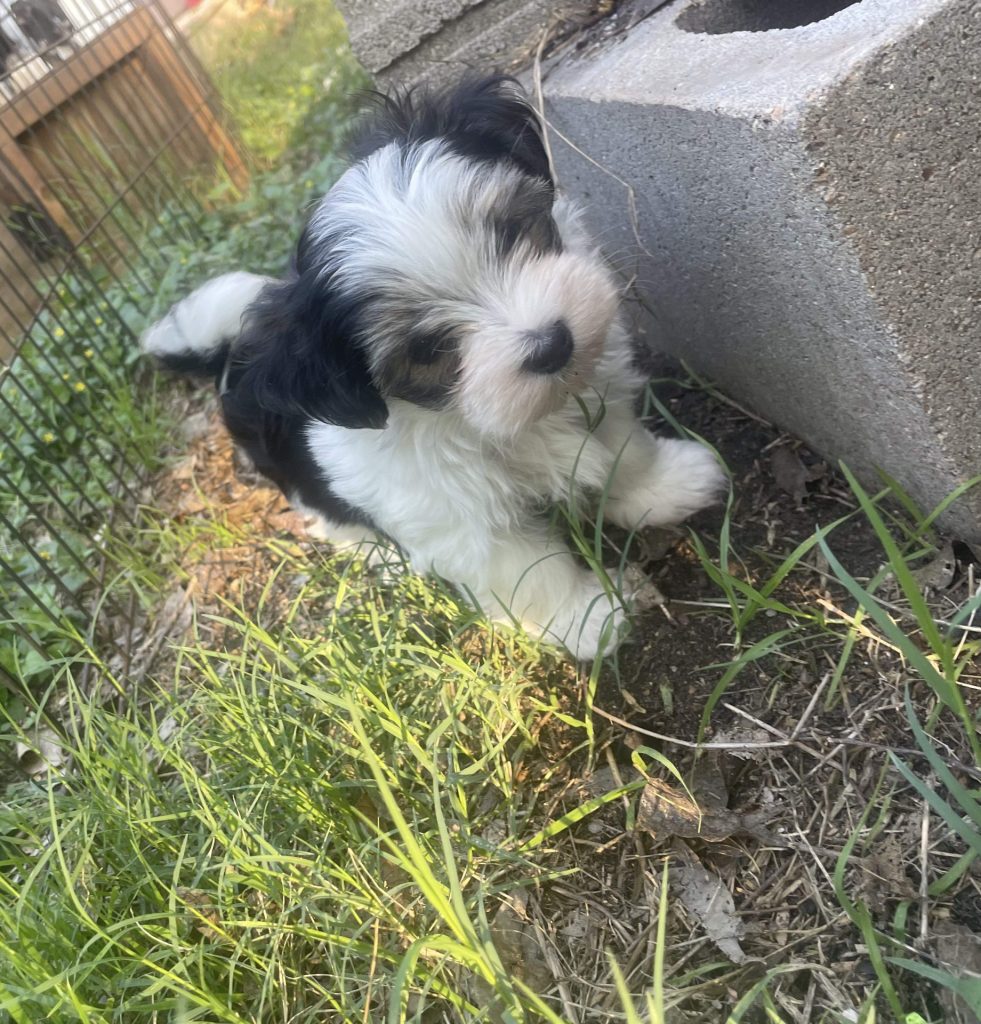
Available Austin pickup
Malti-Pom Puppy Available
Breed
Malti-Pom
Malti-Pom
Go-home
Dec 3, 2025
Dec 3, 2025
Next step
Apply
Apply
This is the one we currently have available—so the site stays focused.
We’re a small, warm, in-home breeder. Our focus is simple: healthy routines, calm socialization, and honest communication—so you know exactly what you’re getting.
Pricing is upfront (typically $2,000+) so we can focus on great fits.

Right now we’re breeding Maltipoms. We keep Morkie information available for future litters.
Austin-metro pickup pages:
We’re small, so we keep social proof simple and real. See our Google reviews and photo gallery.